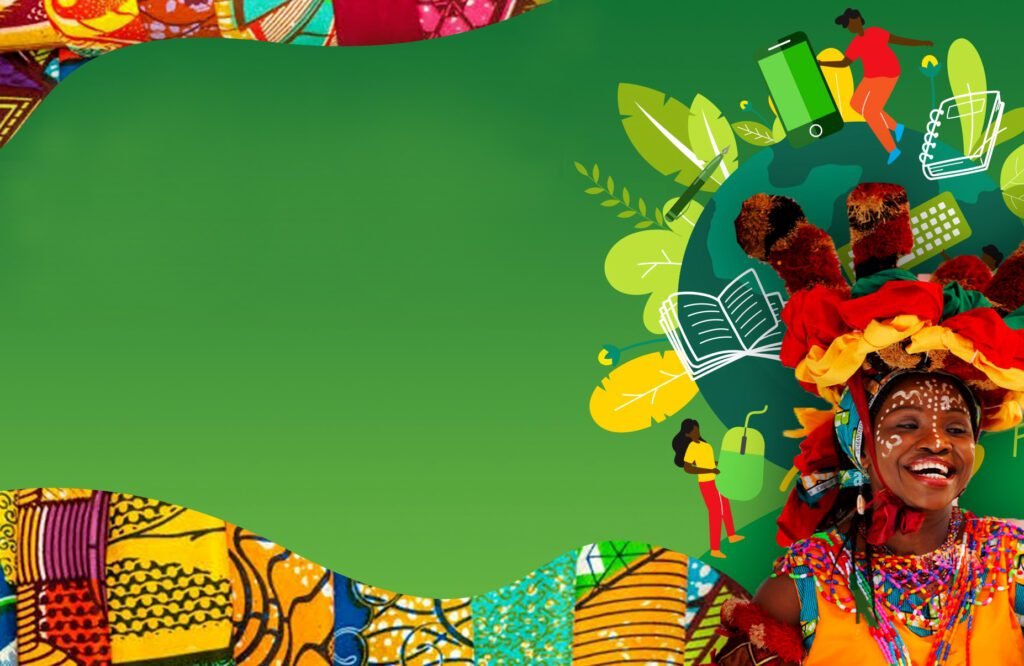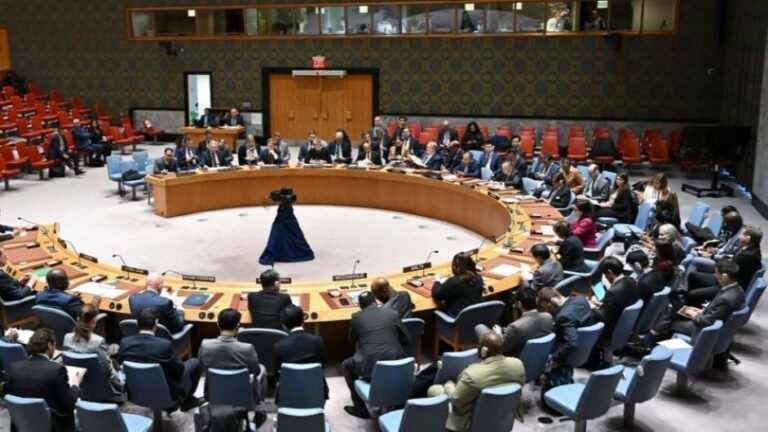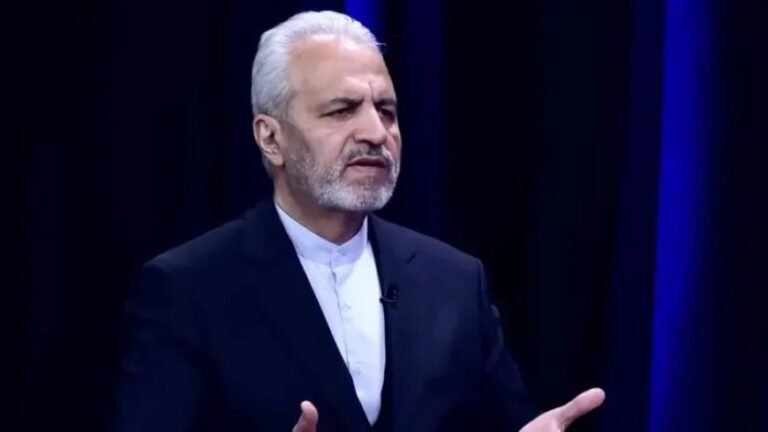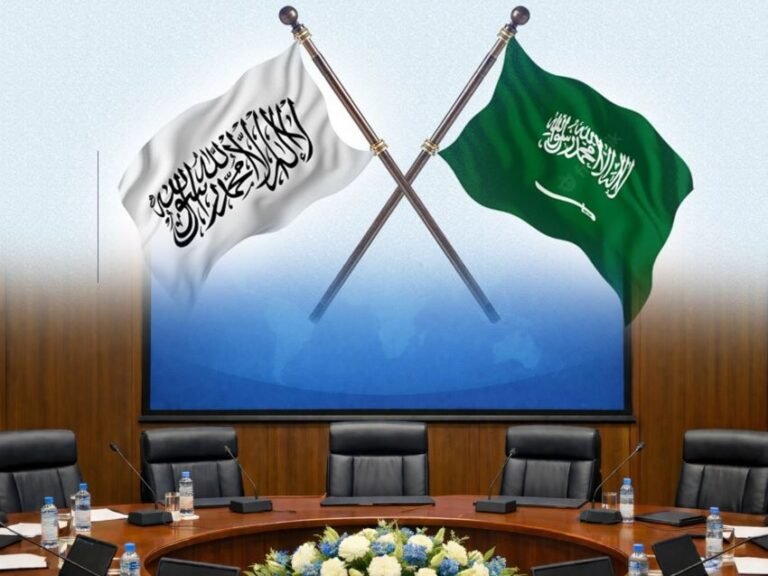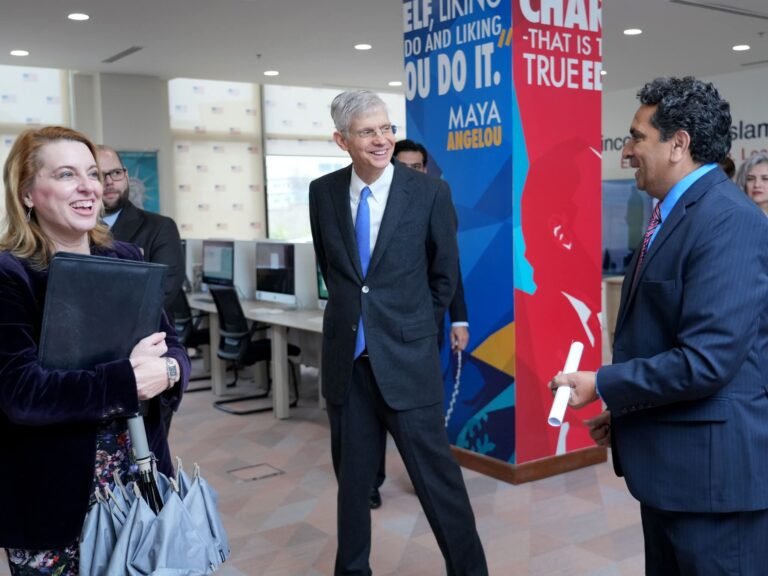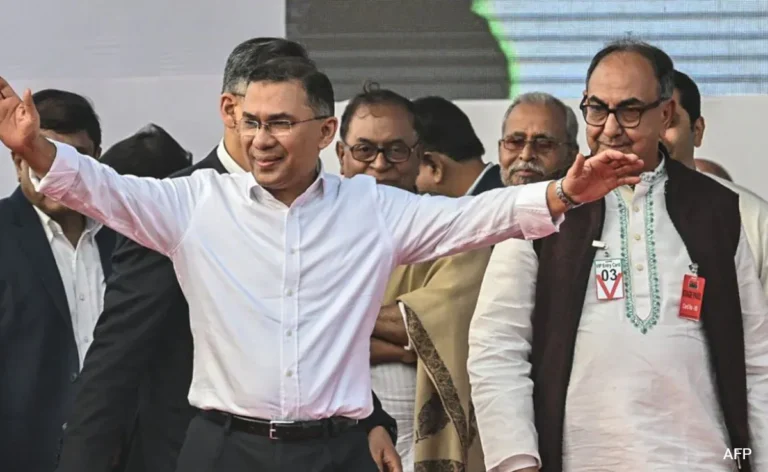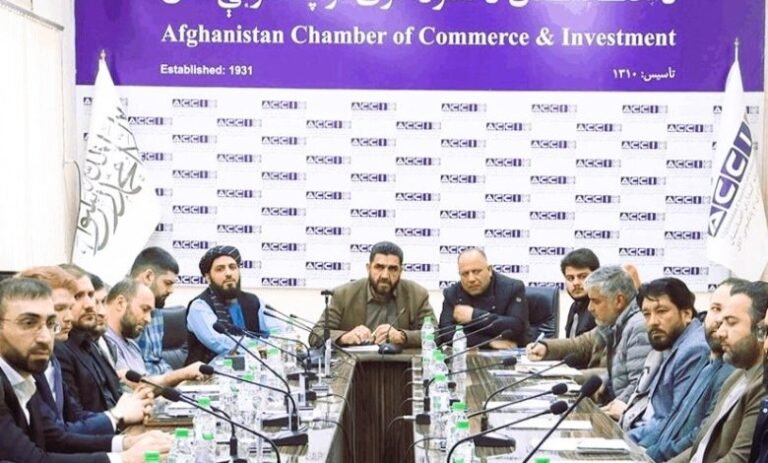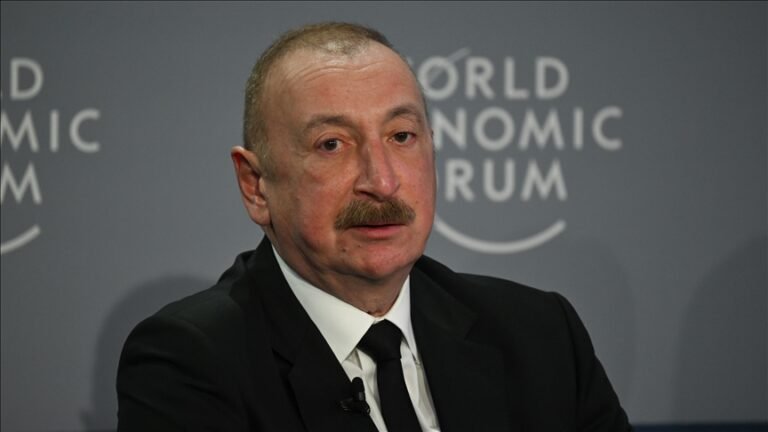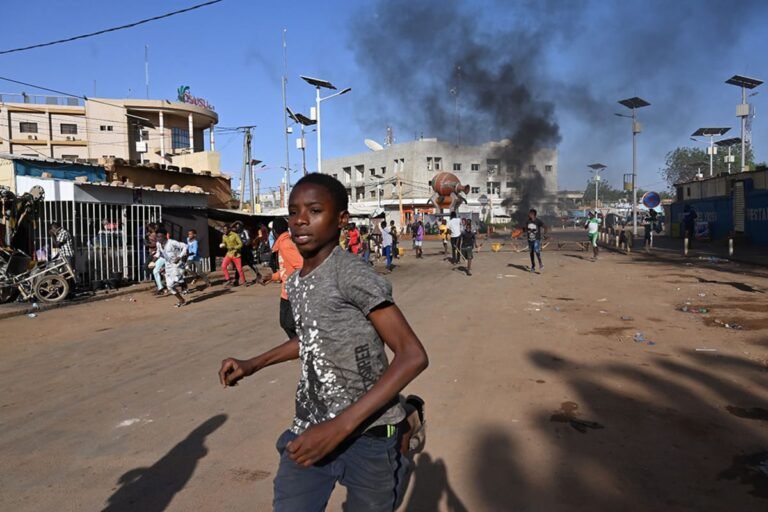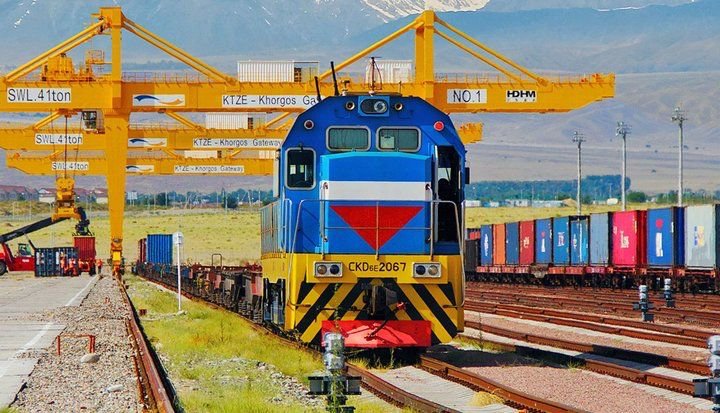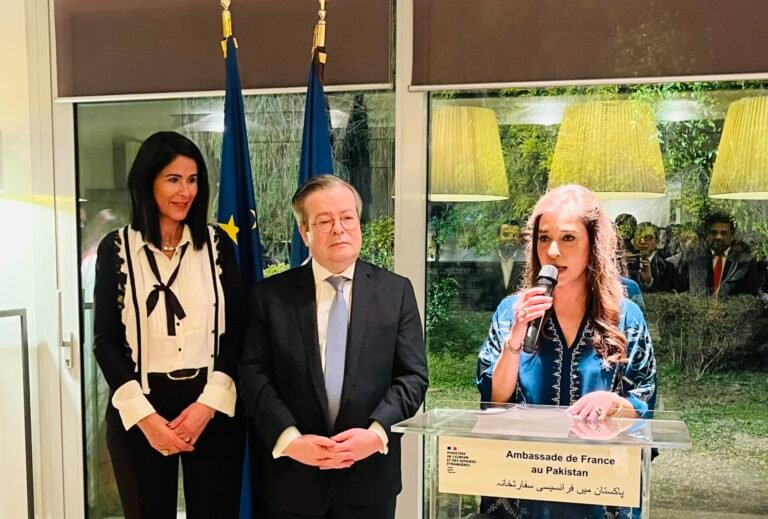Global Media and Information Literacy Week, observed every year, serves as a significant occasion for rallying stakeholders worldwide.
It aims to raise awareness and encourage national engagement while celebrating the strides made in achieving media and information literacy for all, a cause championed since 2011.
This year, the theme is “Media and Information Literacy in Digital Spaces: A Collective Global Agenda.”
The focus on digital spaces during the 2023 edition of Global Media and Information Literacy Week offers the opportunity to explore avenues for enhanced collaboration with digital platforms and other stakeholders.
The goal is to integrate media and information literacy into policies, operations, and products. The global community is urged to develop new initiatives and strengthen existing ones to promote media and information literacy in the digital realm.
Join us on October 25, 2023, 3-5:pm (GMT+1) at Joint #UNESCO MILID & #MIL Alliance Panel Discussion “Cultivating a Culture of #MediaAndInfoLiteracy for All,” organized in Celebration of Global MIL Week 2023! #GlobalMILWeek
— Dr. Drissia CHOUIT (@DrChouit) October 23, 2023
Link to Register: https://t.co/CZRcWhkgwR pic.twitter.com/WzZCwZt8Ts
Audrey Azoulay, UNESCO Director-General, emphasizes the importance of media and information literacy in an age where the line between truth and falsehood has become blurred.
Misinformation, fake cures, vaccine conspiracy theories, and hate speech have eroded the foundations of societies and democracies.
To combat these challenges, the need for more reference points and rational thinking is clear, making media and information literacy a critical skill for 21st-century citizens.
The internet and social media have transformed how we inform, educate, and organize ourselves, providing unprecedented opportunities for expression and information access.
However, the proliferation of online misinformation and hate speech underscores the necessity of teaching individuals to think critically and navigate online spaces responsibly.
Media and information literacy must be integrated not only in classrooms but also on digital platforms themselves, as this is often the most effective way to reach users.
Misinformation can impact billions.
— UK at the UN 🇬🇧🇺🇳 (@UKUN_NewYork) October 23, 2023
This week and every week, we must all ensure everyone has access to trusted information and the skills to spot and challenge mis and disinformation.@UNESCO #GlobalMILWeek pic.twitter.com/QifwT0EeM4
UNESCO’s forthcoming “Guidelines for Regulating Digital Platforms” present a multi-stakeholder approach to strengthening media and information literacy as a complementary strategy to regulation.
Ensuring media and information literacy for all is crucial for inclusive digital spaces, where digital platforms and media could contribute by incorporating media and information literacy learning into their platforms.
Achieving media and information literacy in digital spaces demands multilateral and multi-stakeholder cooperation.
It empowers digital citizens to understand their rights online, be critical consumers of information, and promote transparency and accountability.
Government, digital platforms, the private sector, civil society, academia, and others must collaborate to address these challenges.
Global Media and Information Literacy Week 2023 serves as a platform to mobilize all stakeholders, fostering a common approach to advance media and information literacy.
UNESCO’s central outcome will focus on user empowerment through media and information literacy, operationalizing the “Draft Guidelines for Regulating Digital Platforms.”
Also read: World Standards Day 2023
UNESCO intends to make recommendations for the inclusion of media and information literacy in the United Nations’ Summit of the Future in September 2024.
The outcomes of this week include the Amman Declaration on Media and Information Literacy in Digital Spaces, an action plan for digital platforms, and the advancement of media and information literacy cities in the Arab region.
New funding commitments and the launch of UNESCO resources, such as a radio-based MOOC and the International Media and Information Literacy Multimedia Platform.
Iffat Masood is Contributor and Content writer on THE DIPLOMATIC INSIGHT, and also Ambassador from IAMCR. She is perusing her PhD. from UAB Barcelona, Spain in Audio-Video Communications and Advertising.
- This author does not have any more posts.

